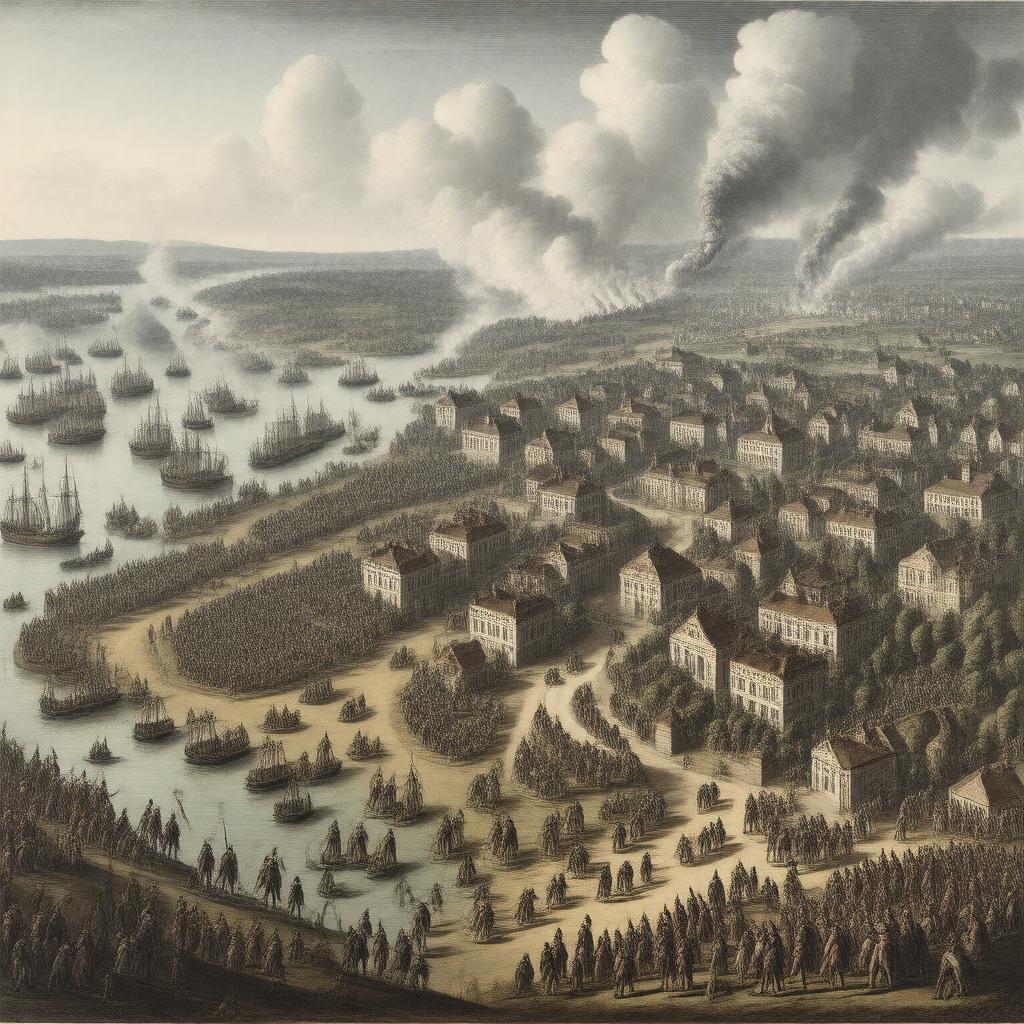
AI-created image
Statements (23)
| Predicate | Object |
|---|---|
| gptkbp:instanceOf |
gptkb:military
|
| gptkbp:alsoKnownAs |
gptkb:Siege_of_Charles_Town
|
| gptkbp:casualties |
British: about 250
United States: about 5,000 captured |
| gptkbp:combatant |
gptkb:Great_Britain
gptkb:United_States |
| gptkbp:commander |
gptkb:Sir_Henry_Clinton
gptkb:Benjamin_Lincoln |
| gptkbp:endDate |
May 12, 1780
|
| gptkbp:followedBy |
gptkb:Battle_of_Waxhaws
|
| gptkbp:involvedIn |
gptkb:British_Army
gptkb:Continental_Army gptkb:Royal_Navy |
| gptkbp:location |
gptkb:Charleston,_South_Carolina
|
| gptkbp:notableEvent |
fall of Charleston to British forces
|
| gptkbp:partOf |
gptkb:American_Revolutionary_War
|
| gptkbp:precededBy |
gptkb:Battle_of_Savannah
|
| gptkbp:result |
British victory
|
| gptkbp:significance |
largest American surrender of the war
|
| gptkbp:startDate |
March 29, 1780
|
| gptkbp:bfsParent |
gptkb:American_Revolutionary_War
|
| gptkbp:bfsLayer |
4
|
| http://www.w3.org/2000/01/rdf-schema#label |
Siege of Charleston
|